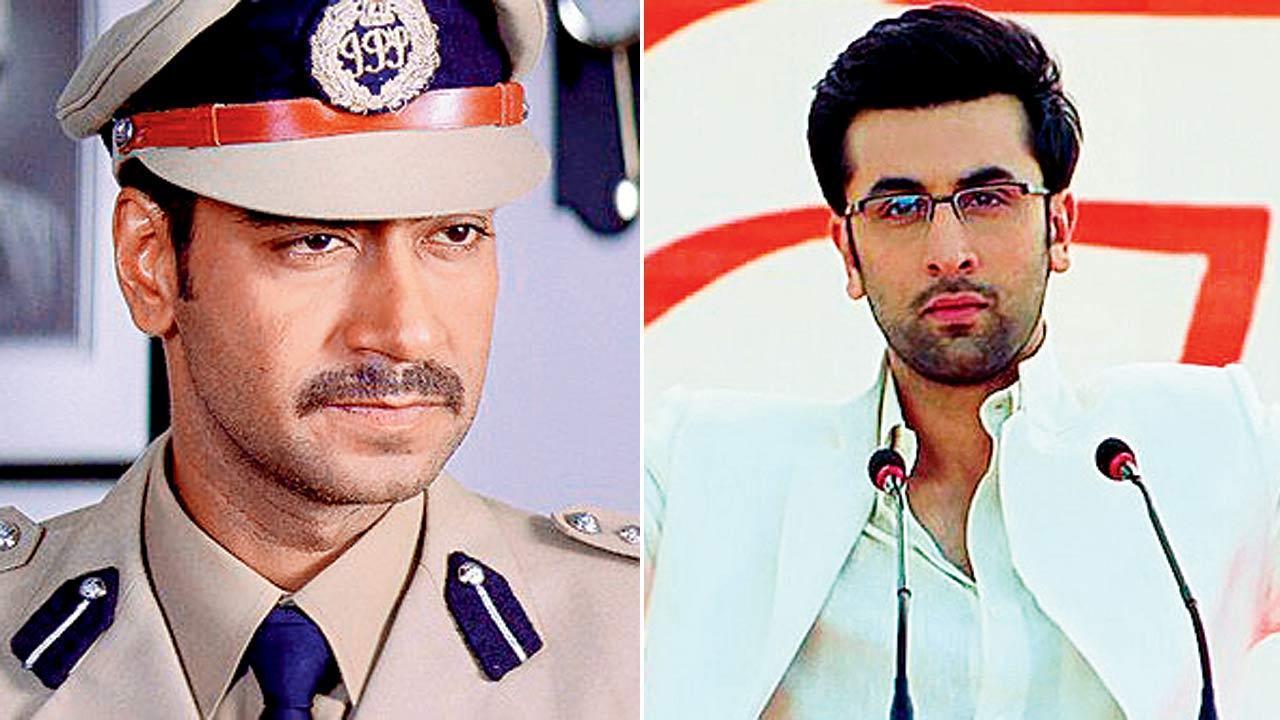
In a recent turn of events, the high-adrenaline action film “Fighter,” starring Bollywood bigwigs Hrithik Roshan and Deepika Padukone, has found itself embroiled in a legal controversy. A kissing scene within the film, featuring its protagonists in Indian Air Force (IAF) attire, has sparked a legal notice from an Air Force officer hailing from Assam named Saumya Deep Das.
The officer has lodged a complaint asserting that the portrayal of the lead characters, who are depicted as IAF officers, engaging in a kiss while adorned in their military uniforms is a blatant insult to the Air Force’s prestigious image. The IAF uniform is upheld as a symbol of unwavering commitment, straddle the lines of national security, and emblematic of selfless service to the nation. According to Das, the film’s depiction serves to compromise the dignity inherently associated with the uniform by using it as a prop for a romantic storyline — seen by him as diminishing its esteemed stature.
The timing of “Fighter’s” release, a day ahead of India’s patriotic Republic Day, juxtaposes its patriotic theme with the charged reaction the particular scene has evoked. The film’s backdrop centers on the dramatized fallout of the Pulwama terrorist attack on CRPF personnel and India’s corresponding retaliatory airstrike on a terrorist encampment. As the narrative unfolds, the plot sees the lead pair’s relationship evolve into a romantic bond amidst the chaotic aftermath of the attack.
Crafting the storyline of this thrilling cinematic creation is Ramon Chibb, a man with military heritage and firsthand experience in the armed forces. Chibb was commissioned in the Indian Army back in 1990, serving in the Kumaon Regiment until 1995. His lineage is steeped in Air Force traditions, being the progeny of an Air Force Officer which adds a layer of authenticity to the military insights in the script.
Despite the growing popularity of the movie, the legal notice has thrust the filmmakers into an unanticipated limelight, potentially casting a shadow over the cinematic portrayal of the nation’s armed forces. The reaction to the legal notice has been mixed, with some viewing the scene as a harmless depiction of love, while others side with the viewpoint that the sanctity of the military uniform must be preserved even in artistic representations.
As “Fighter” navigates through this storm of legal and public scrutiny, attention is also drawn to the responsibilities of filmmakers in handling sensitive subjects related to national symbols and armed services with due respect and integrity. The film industry often walks a tightrope, balancing the need for creative expression with the cultural and ethical sentiments of its audience.
Amidst this discord, it’s important to note that the information regarding this developing story has been sourced from third-party syndicated feeds. Responsible entities such as Mid-day have clarified that they bear no responsibility or liability concerning the dependability, trustworthiness, or accuracy of the data provided. Moreover, they retain the undisputed right to modify or withdraw the content at any given moment without prior notice, should they find it necessary.
The filmmakers of “Fighter” now face the challenge of addressing these allegations cast by the notice while steering their film through the tumult. As the legal proceedings unfold, it remains to be seen how this controversy will affect the reception of “Fighter” and whether a resolution can be reached that honors both the integrity of the armed forces and the creative liberties of the film industry.










